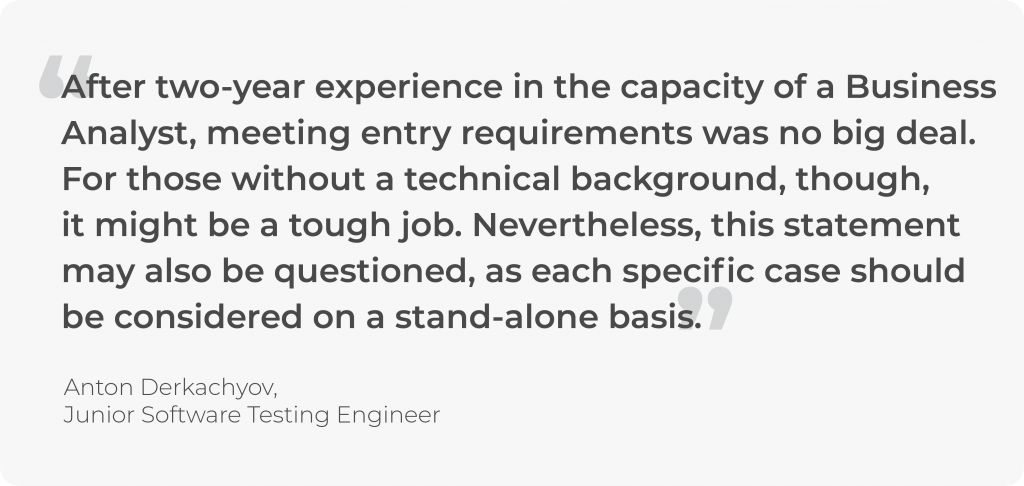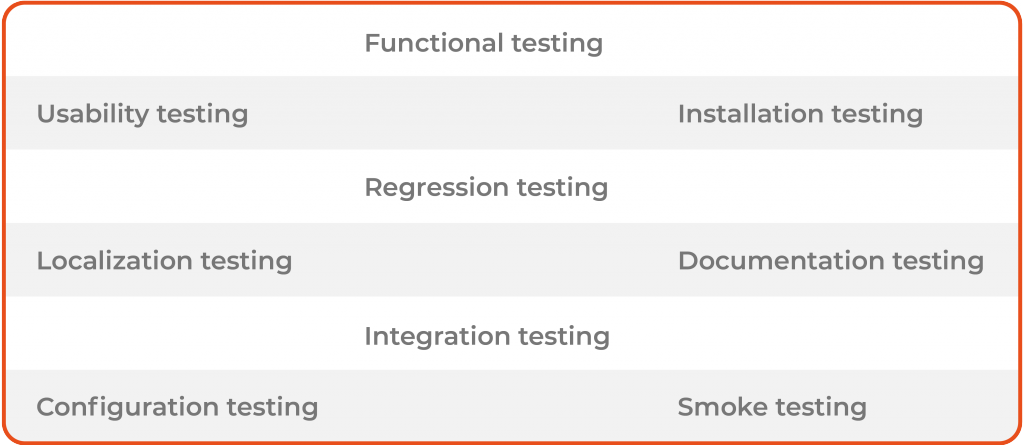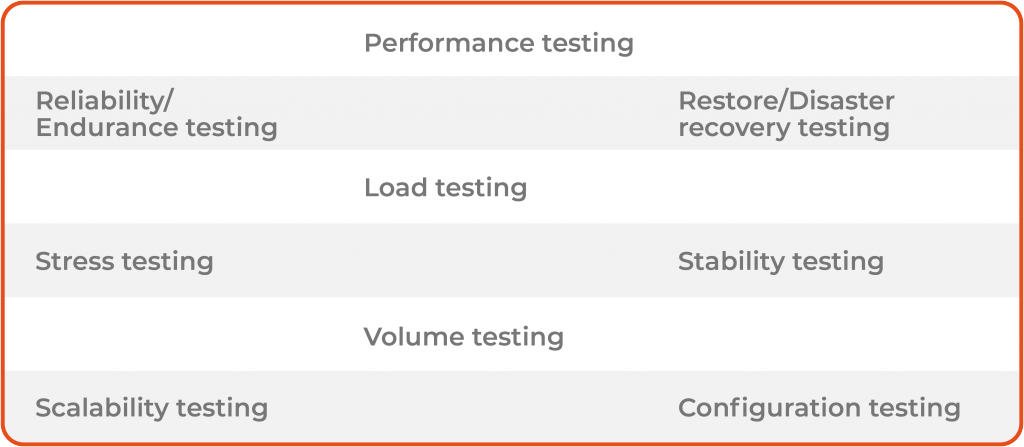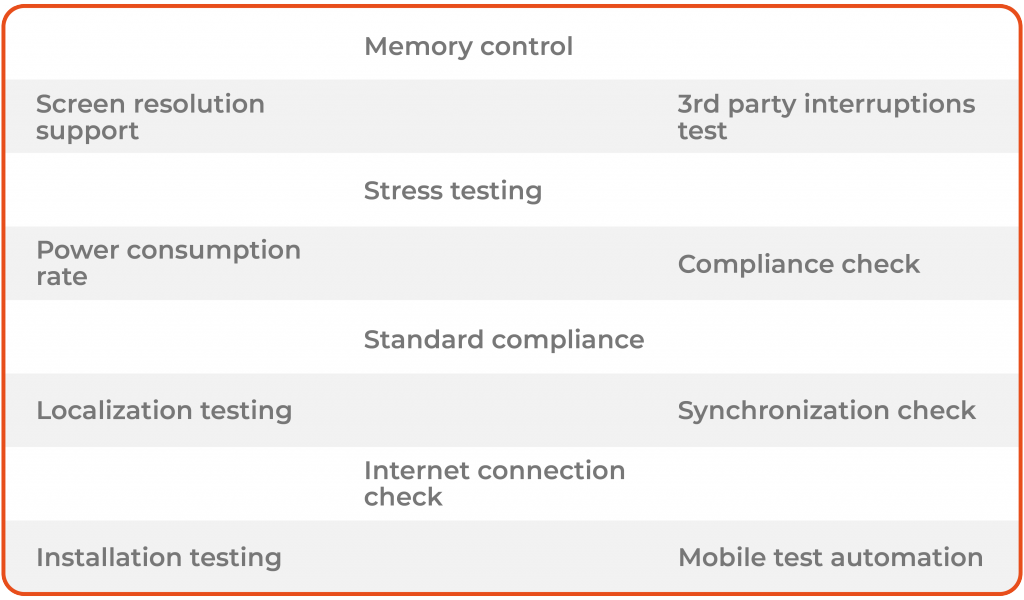The opening of The Brooklyn STEAM Center, a vocational training platform for students, in NYC has received much resonance. A $17 million home inside a tech hub is not a solitary vocational training institution. However, along with many others of its kind it has all the chances to undermine paper-based education system and lay the groundwork for the relevant training sensitive to real industry needs. Qulix Systems follows the same path and discloses its expertise in QA training and internship it provides on its premises.
written by:
Veronica Chizh
The opening of The Brooklyn STEAM Center, a vocational training platform for students, in NYC has received much resonance. A $17 million home inside a tech hub is not a solitary vocational training institution. However, along with many others of its kind it has all the chances to undermine paper-based education system and lay the groundwork for the relevant training sensitive to real industry needs. Qulix Systems follows the same path and discloses its expertise in QA training and internship it provides on its premises.
Testing and Quality Assurance engineers rank third in number of software engineering profiles on LinkedIn. Despite the industry constantly starving for new QA talents, state educational institutions in Belarus aren’t reactionary to this plea of the market and QA training is still missing in their official curricula. While state schools voluntarily deprive themselves of an appetizing share of the market, QA training is mainly provided by the sector players themselves.
QA training sessions: how to start
Qulix Systems boasts 100+ testing engineers working on its premises. The QA Department has been growing by rapid leaps starting from a sole in-house testing engineer in 2004. A vocational training project to be launched by Qulix was just a matter of time required to detalize the training strategy. QA engineers brought up on the premises rather than recruited ones would show higher professional engagement in providing quality assurance services. This is due to a sense of belonging which will consequently reinforce our corporate culture.
As time went on, we did opt for the in-house QA training and articulated the requirements for our potential trainees. What makes a good candidate? See below:
- Theoretical knowledge
Introductory courses for QA-engineers will suffice.
- QA-related experience (approx. 6 months)
In other words, a candidate is advanced in computer literacy, has a good command of text formatting, network management and VM deployment. Programming skills for a tester are almost imperative, as an ability to operate various programming languages distinguishes an outstanding QA expert. Can you tick basic understanding of databases and SQL as your strengths? These along with entry-level command of networking and OSs as well as web- and mobile apps operating principles will make an irresistibly acceptable trainee.
- English
A non-technical skill which if absent will put an end to QA-career aspirations.
A candidate additionally undergoes a set of psychological and logic tests. This is done to see his/her disposition for result or process oriented tasks and role within a team.
The course schedule
The QA training course by Qulix Systems is totally practice-oriented and allows exploring most-demanded QA lines, from mobile to web to back-end and others. The tools, techniques and processes are selected subject to the market demands and core ongoing projects. This is done so to facilitate the embarking for the passing candidates as they become members to the project teams.
The course program currently run by Qulix, is divided into two stages. Stage 1 implies attending a series of topical lectures and extensive technical assignments which are accomplished on the company’s premises. The training course ensures maximum embarking on the industry processes due to the close-to-real tasks. The stage ends in an exam, followed by an interview. Those with a pass proceed to Stage 2.
Stage 2 implies a close collaboration with senior team members (many of which are ISTQB certificates holders) where trainees dive deeper into QA types, tools and techniques. The dedicated senior closely monitors practical tasks done by a trainee. Those passing the final exam actually join our QA forces to later shoulder to shoulder fight for our conversion rates.
By the end of the course, the trainees are well-equipped with the knowledge on how to:
- Draw up quality documents such as test-cases, check-lists, bug-reports;
- Apply deep and refined theoretical skills;
- Deploy devtools, APIs, fiddler, Charles, SQL.
All we need is practice
Practicing is impossible without a solid theoretical ground. However, the focus of any science lies on active practicing. A theorist is a well-oiled machine that has never left its garage. That is why after the freshmen accomplish their QA training, they straight away dig into the depths of our QA services. They join our dedicated teams blending into the following service lines:
Functional testing. If put simply, Functional testing looks at what software is supposed to do and makes sure it actually does that (QASymphony). Contrary to the non-functional testing which delves deep into the product’s scalability, reliability, compatibility or security, functional testing actually targets on what an app can do, rather than on how well it can do it.
Functional testing package that the trainee will master upon joining the team includes:
Tools to operate during QA training session are defined by a dedicated senior. They are selected based on the requirements of the project the trainee will most likely join once QA training session is successfully completed.
Qulix tools kit:
Functional testing (Automated)
Methodologies currently used at Qulix that the trainee will master upon joining the team include:
Qulix tools kit:
Performance testing. Done with an aim to assess the speed, responsiveness and stability of a computer, network, software program or device under a workload (TechTarget). Among performance parameters typically tested are processing speed, data transfer rate, workload efficiency and reliability, network bandwidth and throughput.
Performance testing package that the trainee will master upon joining the team includes:
Qulix tools kit:
Mobile application testing. The term implies a set of testing and evaluation techniques used to assess the quality, functionality, compatibility, usability, performance and other characteristics of an app (Techopedia).
Mobile application testing package that the trainee will master upon joining the team includes:
Tested on:
Under specific projects, trainees can also perform Penetration testing. Under this type of testing, a QA engineer evaluates the security of IT infrastructures using a controlled environment to safely attack, identify, and exploit vulnerabilities (SecureAuth). Such vulnerabilities may show up in the weaknesses of operating systems, services, networks, and application as a result of improper configurations or risky end-user behavior.
Onboarding process may take up to several months to complete. During this time, HR specialists monitor the freshmen and help them figure out any possible issues, which most often are of psychological character (among which coachability, EI and motivation are atop the list) rather than technical.
Over time, QA training proved so efficient, it was remastered and brought up anew. This time, the training session comes in as an official internship program which all the candidates applying for QA-positions undergo within their onboarding period.
As time goes by...
As time goes by, freshmen overcome onboarding challenges and face new ones. Professional stagnation is an office plague in disguise, leading to demotivation and deliberate underperformance as a result. To eliminate emotional draining along with occupational burnout, Alex Rakitsy, Test Automation Manager at Qulix QA Services, suggests switching between projects. “Re-allocating job tasks will almost always keep the team lifted”, he says. That is why at Qulix staff rotation is a top source of new (or better said, undiscovered) talents should a department want to open a new vacancy.
Additionally, Kate Piasetskaya, senior HR, highlights the necessity of non-stop career advancement for quality assurance companies. “Among our technical experts are many of those who enjoy performing purely technical tasks and do not cherish managerial aspirations. Even though such an expert does not signal for promotion, there is always room for further skills refining”. Thus, Kate distinguishes between horizontal and vertical career advancement, which equal in popularity among QA-engineers. Whereas the vertical one is promotion actually, which brings new roles, duties and level of responsibility, the prime (i.e. horizontal career advancement) implies indepth 360-degree skills upgrade within a current position. It may be attaining of an advanced training certificate, or rather participating in conferences, meet-ups within the company or during a large-scale external business campaign. “We often encourage our technical talents to speak up and show themselves in various business events. It is such form of public acceptance rather than promotion itself that a team player may lack”, Kate says.
Qulix Systems is renown for its QA services and pays immense attention to the professional advancement of its testing engineers. Need more on our best practices? Contact us at request@qulix.com or visit our website here.

Contacts
Feel free to get in touch with us! Use this contact form for an ASAP response.
Call us at +44 151 528 8015
E-mail us at request@qulix.com















